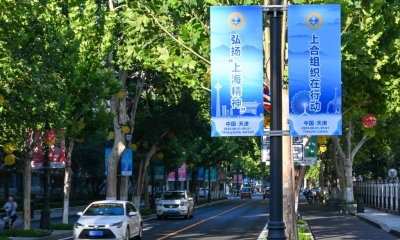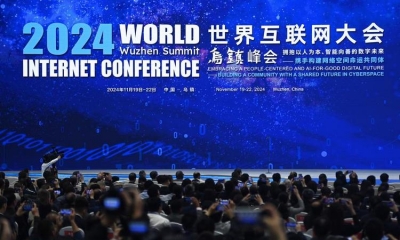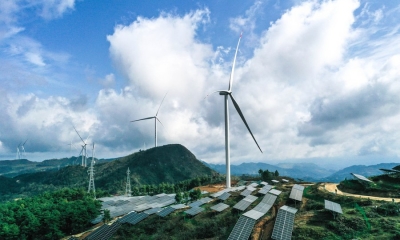Why China and the EU Must Choose Partnership Over Rivalry
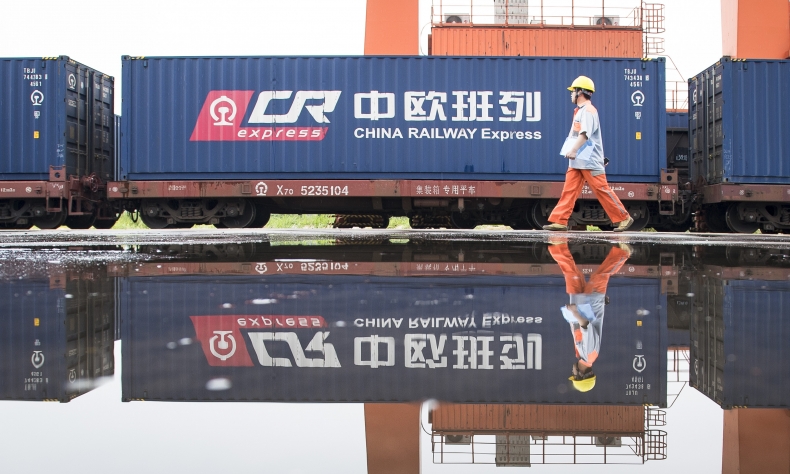
At a time when global uncertainty is the only certainty — rising inflation, geopolitical tensions, supply chain shocks — what the world needs most is stability. And that’s where China and the EU can play a unique role.
The global balance of power is shifting. The unipolar moment that once defined international relations is fading, replaced by the emergence of a multipolar world, where no single actor can dictate the terms of global engagement. In this evolving order, the relationship between China and the European Union (EU) constitutes a pivotal juncture. How it is shaped in the coming years will influence not only the trajectory of bilateral ties but also the fate of multilateral cooperation and global stability.
For half a century, China and the EU have built a relationship based on cooperation, trade, and mutual respect. What began modestly in 1975 with just $2.4 billion in trade has now grown into a vast economic partnership worth over $785 billion. Investments have soared. Ties have deepened. We’ve seen ups and downs, but the arc has bent steadily toward closer ties and greater interdependence.
And yet, there’s a sense of hesitation in the air. Some voices within Europe are starting to see China as a rival, not as a partner. There’s talk of “de-risking,” of pulling back, of putting up walls. The word sounds neutral enough, but in practice, it risks undoing years of progress and sending the wrong message: that cooperation is somehow dangerous.
It’s important to be clear that China isn’t asking the EU to take sides. Europe has deep historical, political, and economic ties with the United States. That’s not going to change. But the unipolar moment defined by the dominance of a single superpower is over. The future will be shaped by many centers of influence. And in that world, Europe has a choice: define its role independently, or get swept up in someone else’s agenda.
China has always believed in dialogue, win-win cooperation, and building bridges, not walls. China sees its relationship with Europe as a shared space where differences can be respected, and common goals pursued. Whether it’s climate change, global health, digital transformation, or economic recovery, there’s more that unites us than divides us.
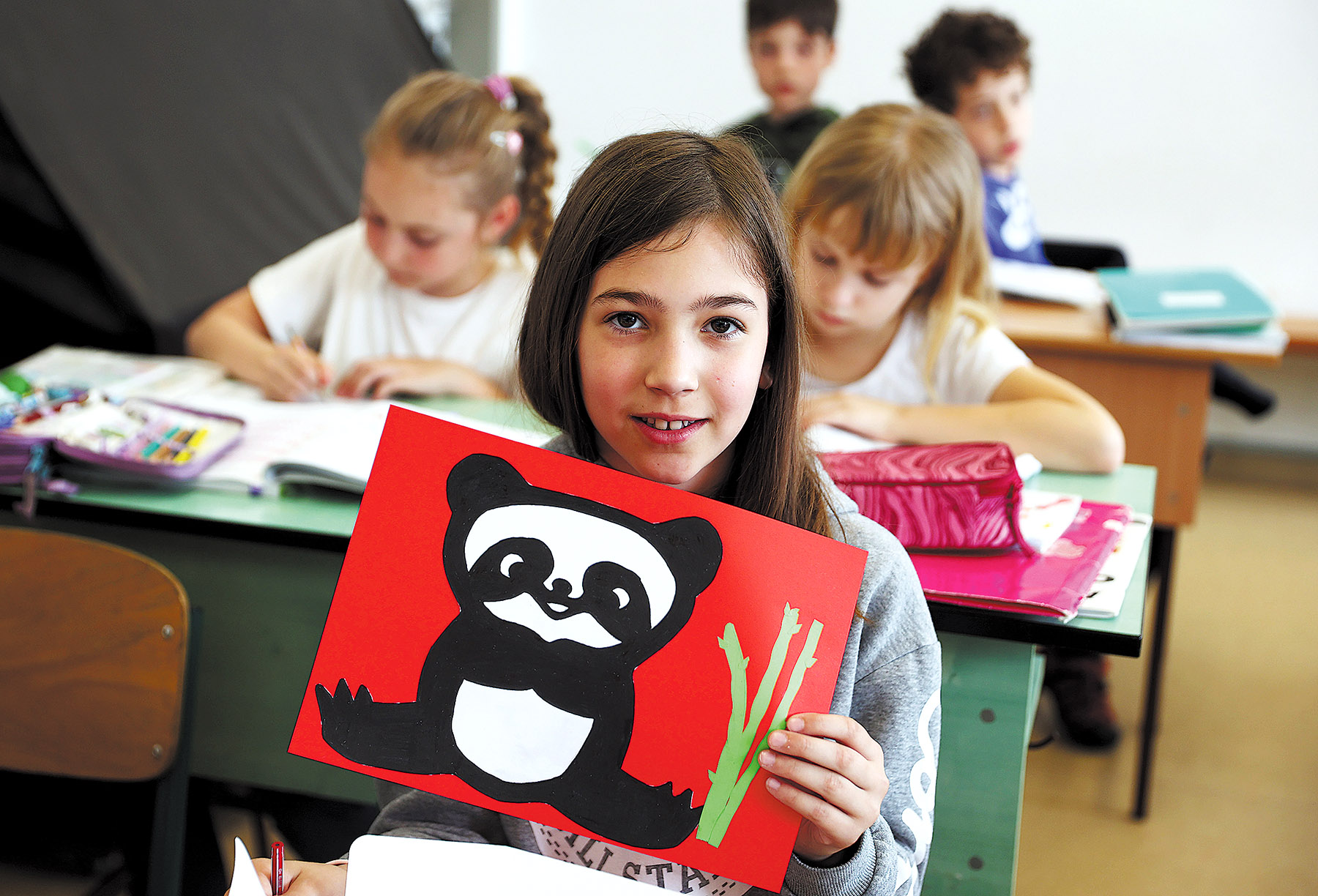
It is natural that competition exists between China and EU. But competition doesn’t have to mean confrontation. The fear that China wants to outcompete or replace Europe is misplaced. Where China brings scale and speed, Europe brings precision and expertise. These are complementary strengths, not conflicting ones. The bigger issue isn’t competition — it’s mistrust. European officials express concern about economic ties with China.
At a time when the only global certainty is uncertainty — rising inflation, geopolitical tensions, supply chain shocks — what the world needs most is stability. And that’s where China and the EU can play a unique role. Together, both can champion a more balanced, fair, and open global economy. But only if both sides are willing to listen and act in good faith.
For Europe, this means thinking beyond the old Cold War playbook. It means recognizing that today’s world is not defined by two blocs, but by many voices. It means stepping confidently into its own strategic autonomy, and building diverse partnerships, including with China, based on Europe’s own interests and values, not on external pressure.
For China, it means continuing to open up, to improve transparency, and to address the EU’s reasonable concerns. There are, undoubtedly, challenges. Some in Europe are tempted to follow Washington’s lead, embracing tariffs and restrictions in the name of “security.” But this path comes with costs — higher prices, strained supply chains, and reduced trust. Europe must ask itself: Is it wise to hedge all bets on one partner, especially one increasingly turning inward?
Instead, Europe could choose another path. A pragmatic one. A path of balance, where cooperation with China continues, not in spite of global challenges, but because of them. That kind of partnership is built on mutual benefit and shared responsibility, and offers far more promise than any zero-sum game.
Let’s not forget: this year marks 50 years of diplomatic ties between China and the EU. That milestone is more than just a number. It’s a reminder of how far both have come, and of how much more both can achieve if both keep working together.
So yes, the world is changing. The old playbook may no longer apply. But that’s not something to fear — it’s something to embrace. Because in a multipolar world, the strength of your partnerships, not your position on a map, determines your influence. China sees Europe not as a rival, but as a vital partner in building that future.
And in that future, shaped by cooperation rather than confrontation, both China and the EU stand to gain.
The article reflects the author’s opinions, and not necessarily the views of China Focus.
 Facebook
Facebook
 Twitter
Twitter
 Linkedin
Linkedin
 Google +
Google +




